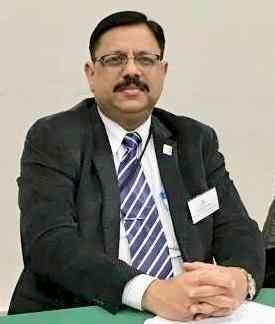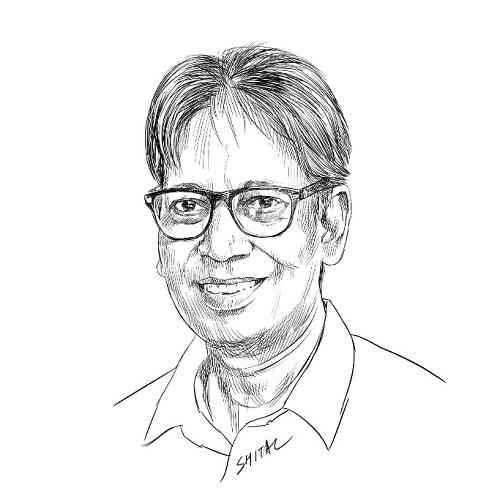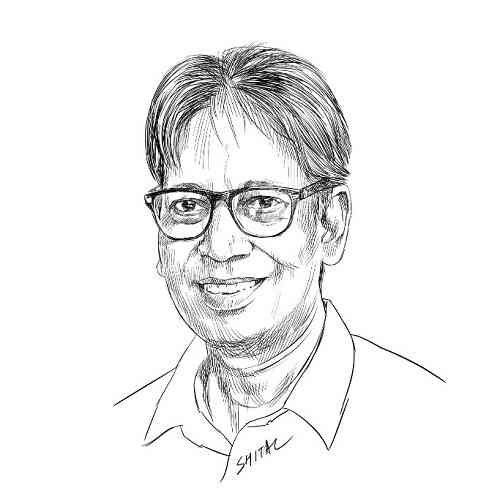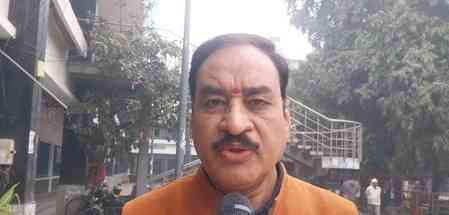'Communities can play key role in judicious utilisation of healthcare resources'

By Avinash Prabhakar
New Delhi, Aug 21 (IANS) Communities can play a key role in utilising the healthcare resources judiciously and tackle the future waves of the Covid-19 pandemic, said Saurabh Varshney, Executive Director and CEO at AIIMS Deoghar.
Responding to how India has dealt with the Covid pandemic so far, Varshney told IANS: "The world has not witnessed a pandemic of this magnitude since 1918's Spanish Flu. And it's not just our country, but the world has been reeling under it for the past 20 months. And even developed nations are finding it difficult to deal with it.
"India has faced the pandemic very bravely till now. Any pandemic, especially the viral, which is cyclic in nature. We had the first wave, which started somewhere in the first half of 2020; the second wave in May this year; and we may have a future wave in certain regions."
Meanwhile, talking about AIIMS Deoghar, he said: "Our institution caters to the people of Jharkhand as well as some parts of Bihar. We ramped up our diagnostic facilities in a very short period. Now, we have a testing lab at our institute and a good number of RT-PCR centres across the state.
"Besides, the government has also relaxed the testing policies, which allows anyone who has any symptom can voluntarily get tested. Now that we are testing people early, we are having an early observation and early isolation that is helping in breaking the chain of the infection."
Categorising the Covid patients based on symptoms into mild, moderate and severe, Varshney said that around 80 to 90 per cent of patients are asymptomatic or mildly symptomatic.
About 10 per cent of patients require critical care observation, but most of these patients respond well to the oxygen support. Out of these only 10 per cent of persons required a ventilator.
"During the second wave, there was a panic situation, and anyone who was tested Covid positive was trying to get admitted in hospital, which led to a shortage of beds; and due to this, the people who actually required hospitalisation could not get the bed. To manage such a situation effectively, we need to utilize the resources judiciously," he asserted.
AIIMS Deoghar has started a Covid tele-consultation facility, where doctors are available 24�7 for patients, he added.
Further, responding to a question on India's preparation for the possible third wave of the pandemic, he said that there is no clear indication for a future surge.
However, the government of India has been augmenting the resources across the country, be it oxygen beds, ventilators, trained nursing officers or trained auxiliary staff.
"Preventing future waves is possible if people can contribute their part in the best possible way. The three most important measures- physical distancing, hand-washing and wearing masks, can prevent the spread of the virus," he suggested.
Talking about vaccination, he said it helps to reduce the severity of the disease.
The government has begun vaccination for all above 18 years of age. If those eligible take the vaccine, when their turn comes, it will help in containing the spread of the disease.
On a question over schools' reopening in some states, arshney suggested: "We need to teach students about the Covid appropriate behaviour. Schools can divide a class into smaller batches for social distancing. They should avoid organising any community functions at the school for the initial months and all school staff should be vaccinated."



 IANS
IANS 










